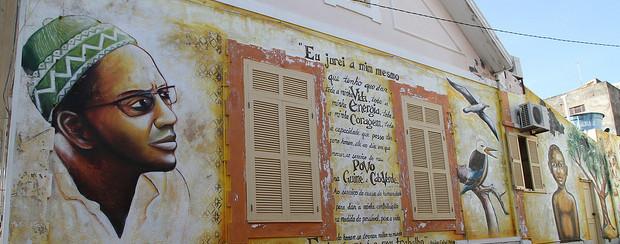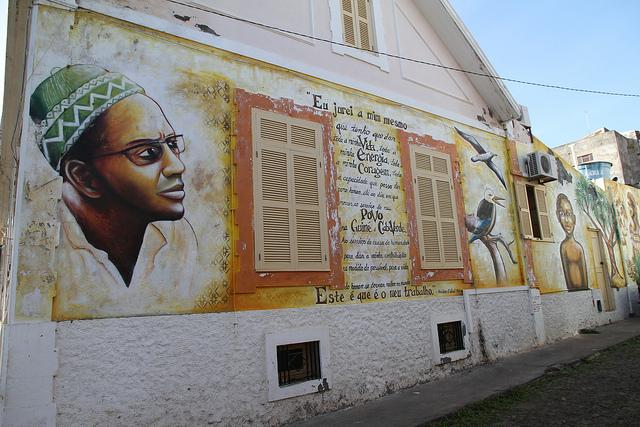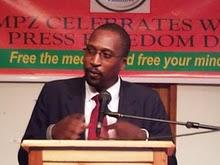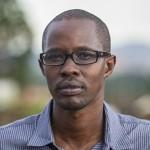African Political Thought, Part 2: The Thought of Liberation

In part 2 of our lecture series, we see the influence of Cabral, the Lusophonic thinkers, and Zambia’s Kaunda.
Welcome to Part 2 of our ten-part ten-minute lecture series on African Political Thought, brought to you by Stephen Chan, Professor of World Politics at the School of Oriental & African Studies (SOAS). Each week, a short reading list will be published alongside the lecture. Viewers are also encouraged to pose questions they have for Chan in the comments section below.
If you’d like to get an update when new episodes go up, please send an email with subject line “APT” to [email protected] and you’ll be notified when new lectures are posted.
In this episode, we look at:
The thought of liberation: Cabral and the Lusophonic thinkers; the “˜pacific’ counterpoint of Kaunda.
For an audio-only version:
Reading list for Part 2
Patrick Chabal, Amilcar Cabral: Revolutionary Leadership and People’s War, Cambridge: Cambridge University Press, 1983.
Kenneth Kaunda, Zambia Shall be Free, London: Heinemann, 1962.
Stephen Chan, Kaunda and Southern Africa, London: IB Tauris, 1992.
Previous episodes
Coming next…
- Part 3: The New African Man: the political thought of transformation – Kaunda, Nyerere, Obote, Nkrumah.
- Part 4: The degeneration into “˜Big Men’: case studies of Mobutu and Banda; the critique of Mbembe.
- Part 5: The coup “˜artists’ and the new nationalisms-on-command: from Gowon to Rawlings; the contrasts between Sankara and Amin; the contrasts and similarities between Obasanjo and Abacha.
- art 6: The old liberationists and their reassertion in new nationalisms: Mugabe’s political thought.
- Part 7: Africa in the world: Mbeki’s African Renaissance – nostalgia and the toleration of the carnivalesque; Ngugi’s linguistic chauvinism; Mandaza’s neo-Marxist retrospection.
- Part 8: The call for democracy: the critique of Soyinka; new constitutionalisms and the looking eastwards to China, Singapore and Malaysia; the model of Russian democracy.
- Part 9: Pan-Africanism today: thought on the African Union.
- Part 10: African intellectual currents and philosophy today: going it alone vs integration with a hegemonic world; Africa and the ICC, Africa and electronic globalisation; the thought of the outlawed commons.







https://cialiswithdapoxetine.com/ cialis generic